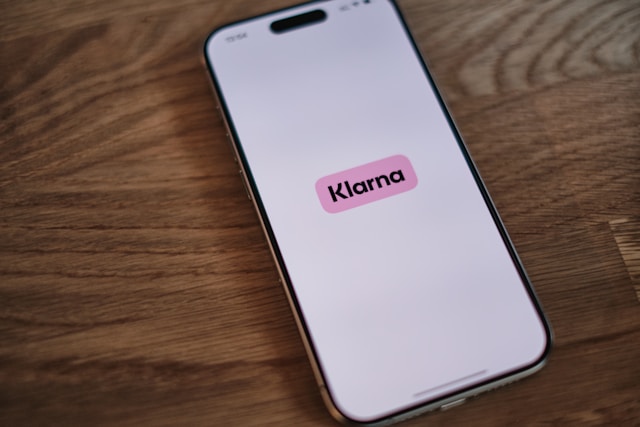Judge: Klarna earns from collection fees
Payment service Klarna is under fire again because of the costs the company charges for late payments. The District Court of Midden-Nederland ruled that Klarna did not prove that interest and collection costs are not part of its business model.
Banks.co.uk 2 May 2025
Klarna charges fees for late payments that can amount to 40 euros or even 15% of the invoice amount. According to debt expert and lawyer André Moerman, this is typical of many "buy now, pay later" services.
"The judge actually says: Klarna earns from collection fees and thus provides a loan," Moerman told NPO Radio 1. With loans come stricter rules and warnings for consumers.
Klarna tried to show that its revenue comes primarily from fees from retailers and that collection fees are not profitable. However, the court found that substantiation insufficient. Nor could the argument that Klarna protects consumers through credit checks and payment freezes change the verdict.
Consumer protection is paramount
The ruling could have far-reaching consequences for Klarna and its users. "Those who have already paid collection fees may be able to reclaim them. And those who have yet to pay probably won't have to," Moerman continued.
Earlier, the AFM ruled that BPNL services have a revenue model on debt. Young people in particular get into trouble because of this. Moerman expects that Klarna will now become more cautious. "They run the risk of not being reimbursed for costs incurred to collect debts. But ultimately it is waiting for clear legislation."
For consumers, it is a clear signal to be critical of extra charges for late payments. The ruling also puts pressure on Klarna and similar providers to be more transparent about their earnings model and better comply with consumer protection rules.


